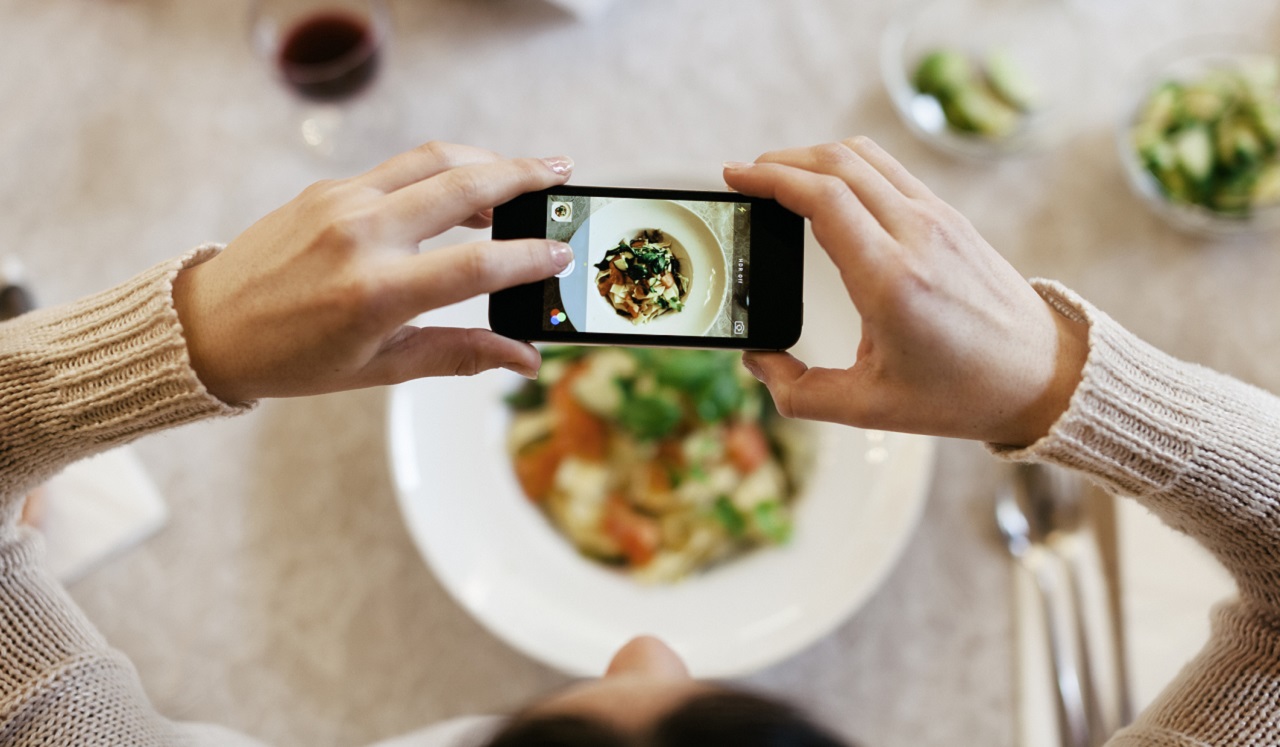Want to lose weight? Join the crowd. These six diets are the rage right now. But will you shed good health along with pounds?
Get the scoop from Chelsea Johnson, MS, RD, LD, CBC, Clinical Outpatient Dietitian/Bariatric Dietitian at Memorial Hermann Memorial City Medical Center.
“We’re not all alike, so our bodies react differently,” she says. “That’s one reason so many diets are out there. Ultimately, you need to avoid extremes and do what makes you feel good and improves your overall health.”
Whole30
The Skinny: This 30-day challenge has a very specific—and narrow—list of acceptable foods. Off-limits include grains, beans, soy, dairy, sugar, artificial sweeteners or alcohol. “The thought is that eliminating foods curbs your cravings and boosts energy, while you lose weight,” Johnson says.
Pros: This plan can kick-start weight loss, which is why it regains popularity in January and often evaporates with the fading resolutions which propelled it. Pre-made Whole 30 meals at Whole Foods, Snap Kitchen and elsewhere make it easier to follow.
Cons: “Healthy eating and good nutrition should be forever, not 30 days,” Johnson says. “A diet this restrictive would be hard to stick to—and worse you’re cutting out healthy, nutrition-rich foods, including grains, beans, soy and dairy, so you could have nutritional deficiencies.” She says it’s not necessary to eliminate sugar totally. “Everyone should be able to have their favorite sweet treats, in moderation and every once and a while,” she says. “Otherwise, you put sugar on a pedestal and go overboard when the diet ends.”
Bottom Line: "If you go back to old habits, the weight returns and yo-yo dieting begins."
Keto
The Skinny: Short-hand for ketogenic, keto diets are high-protein, high-fat and low-carbohydrate. By slashing sugar, fruit and bread, your body runs out of glucose to burn and turns to body fat—ketones.
Pros: “Weight drops quickly, but when you stop doing keto, weight returns,” Johnson says. Time-saving snacks and prepared meals are sold.
Cons: “We need carbs for brain energy,” she says. “And a higher intake of fat may increase cholesterol levels.”
Extreme low-carb diets can cause an electrolyte-imbalance, which may raise risk of irregular heartbeats, called atrial fibrillation (AFib), recent research suggests. AFib, in turn, can cause blood clots to form in the heart and potentially lead to stroke.
Also prepare to be lonely: The ketosis that ignites weight loss also causes embarrassing side effects including bad breath, flu-like symptoms and stomach issues, the last from a lack of soluble fiber to bind food within the body.
Bottom Line: "Extremes of any nutrients aren't good for us," Johnson says. "We need a balance of healthy foods."
Intermittent Fasting
The Skinny: Timed intervals in workouts burn calories. Trimming your window for eating trims calories—leading to weight loss.
Pros: You’ve got a buffet of possibilities to choose for fasting: you might opt to eat only within a six- or eight-hour window daily, or eat normally or barely on alternate days. “It’s easy. You don’t have to count calories or eliminate foods,” Johnson says. “If after-dinner snacks are your weakness, an eating window that closes at 6 p.m. can be helpful.”
Cons: You may not lose weight if you eat only high-caloric food. Fasting for long periods also may give you headaches and make you ravenous and tempted to overeat. “Fasting messes with what your body is designed to do, which is get energy from food throughout the day,” adds Johnson.
Bottom Line: “It can be done in a healthy way and unhealthy way,” Johnson says. “Eat a balanced diet and listen to your body’s needs—not the clock.”
Mindful Eating
The Skinny: This diet is more about HOW you eat, not WHAT you eat, as you retrain yourself to recognize—and heed—signs of hunger and fullness, Johnson says. “Toddlers do this naturally. But from a young age, we’re told to clean our plate, eat all our veggies before we’ll get dessert, and we become disconnected from our body’s natural signals.”
Pros: By paying attention to taste, texture and appearance of your meals, you savor them more. You also are less likely to overeat or stuff yourself with sweets to placate stress, boredom, fatigue or other feelings.
Cons: Forget eating on the run. Putting your fork down between bites makes meals exceed the 20minutes that it takes your body to recognize satiety.
Bottom Line: Slowing down and heeding your body pays off. “When you eat fast and are distracted, you can go through a whole bag of popcorn or chips before you realize it.”
Gut Health
The Skinny: Listen to your gut. Bacteria within our body impact mood and inflammation. You ease tummy disorders and may lose some weight when you shed meat, junk and processed food, and add high-fiber foods, including veggies, fruit, whole grains and beans. Also on the good-gut menu are good bacteria-rich probiotic foods, such as yogurt and fermented foods such as kefir, sauerkraut, tempeh, kimchi, miso, kombucha and pickles. Also suggested are garlic, onions, leeks, asparagus, bananas, barley, oats, apples, flaxseed and jicama.
Pros: Fiber boosts satiety, while lowering blood sugar and cholesterol.
Cons: Fermented foods can be harder to find and don’t taste great to many of us. And if they’re all you eat, you miss out on valuable nutrients.
Bottom Line: Incorporate one or two servings daily and transition slowly to a whole-food, plant-based diet (which by default incorporates some gut health foods).
Plant-Based
The Skinny: “This is one of the best diets out there,” raves Johnson. “You don’t have to be a vegan or vegetarian to have a mostly plant-based diet.” Strive for a diet that’s at least three-fourths whole grains, fruits, vegetables and plant-based protein, such as beans, nuts, seeds and soy.
Pros: This is the Mediterranean diet endorsed by dietitians, the American Heart Association and American Cancer Society. Studies show a plant-based diet extends lives and cuts risk of heart disease and cancer.
Cons: Move from meat to ground-grown gradually to avoid gas and constipation. Also alert your doctor if you go vegetarian or vegan, as you might need to take a supplement. And be sensible. “Just because a food is plant-based, vegan or vegetarian doesn’t mean it’s super healthy,” Johnson says. “French fries, tortilla or potato chips, cake, cupcakes and cookies aren’t good options just because they have no animal products.
Bottom Line: Focus on natural foods, eating processed and packaged foods in moderation.


